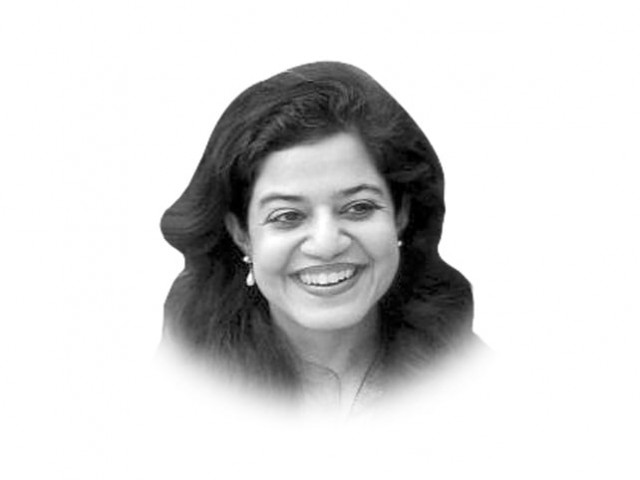The road much travelled — VII
According to Mr Abidi, Lahore’s reputation as a city of gardens is almost as old as the city.

According to Mr Abidi, Lahore’s reputation as a city of gardens is almost as old as the city. He recounts the anecdote of Lady Dufferin, the wife of the then governor general of India, visiting Lahore in 1885. She had extolled the lovely greenery of the city and particularly a five-mile wide garden, which ran alongside the city walls and which has long since been replaced by concrete. The Lahore that charmed Lady Dufferin in 1885 was, however, a mere shadow of its past which had seen its glory in the reign of the Mughals. Emperors Akbar, Jahangir and Shah Jehan and Princes Kamran and Dara Shikoh had substantially enhanced its grandeur: Akbar spent 15 years here during which he commenced the rebuilding of the Lahore Fort; Jahangir loved the city so much that not only did he make it the capital of his empire but also his final resting place; Aurangzeb visited the city only thrice in his long reign but nevertheless bestowed upon it the peerless Badshahi Mosque. Both Jehangir and Aurangzeb also made significant additions to the Lahore Fort.
Mr Abidi’s Lahore is also multicultural. He met Sufi Tabassum and together they reminisced about the Muslim, Sikh and Hindu sons and daughters of Lahore who made tremendous contributions to the subcontinent’s world of letters, art, culture and even cinema. He also met Mian Amiruddin, a 94-year-old Lahori, who reminisced that most prosperous families in pre-Partition Lahore were those of Hindus whilst Muslims living in the city belonged to a different social stratum. This was also reflected in the state of education at the time. In 1906, when Mian Sahib entered Government College Lahore, only one faculty member (that too for Arabic), and 80 out of 500 students were Muslim. The remaining were either Hindu or British. It was perhaps because of these reasons that Mian Amiruddin, like countless other Muslims of the city, had found himself at the forefront of the Pakistan Movement. He remembered that time with joy because it was the one occasion on which Muslims, in striving towards a worthwhile cause, had felt united.
Despite his efforts, Mr Abidi’s account of Lahore remains somewhat lacklustre. Whether out of prudishness or apathy, he fails to comment upon the culinary and other delights of Undroon Shehar, the pleasures of Heera Mandi that has been thriving for centuries in the shadow of the Badshahi Mosque, or the scandals of Lollywood.
But Mr Abidi skims over these nuances and so must I, as the road now travels relentlessly towards India. In my mind’s eye, I stand facing Amritsar, Lahore’s sundered twin city that my maternal grandparents left at Partition, but never forgot. And so it is with mixed feelings of recognition and anxiety that I, in my imagination, enter India. But more on that next time.
(To be continued)
Published in The Express Tribune, November 16th, 2011.














COMMENTS
Comments are moderated and generally will be posted if they are on-topic and not abusive.
For more information, please see our Comments FAQ